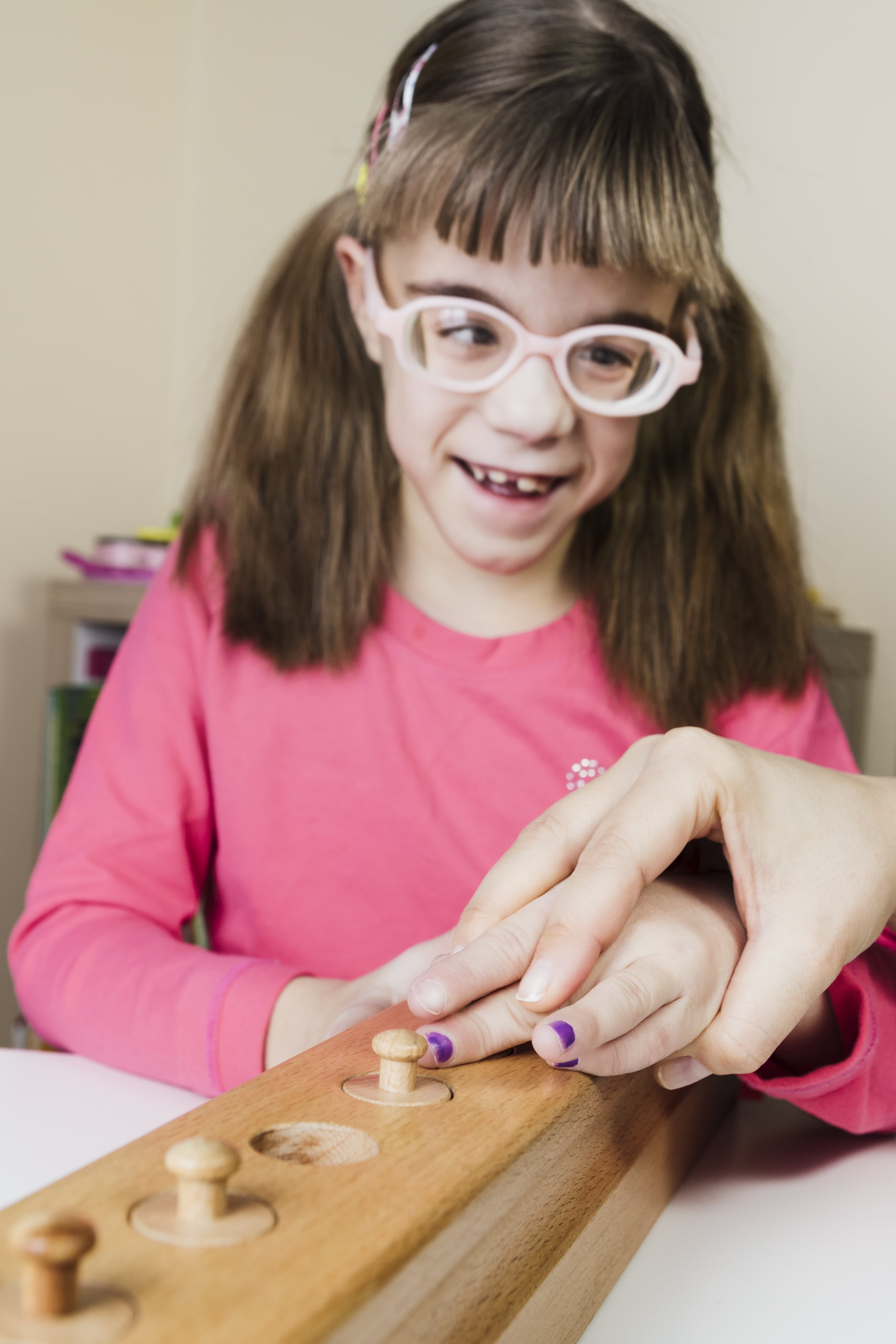Give parents and children the support they need to excel in and out of the classroom

Why it matters
Parents are saying it loud and clear: they want better support and outcomes for their kids, both in and out of school. Kids who are blind or have low vision aren’t receiving the classroom support they need to excel, while parents who are blind are often unable to participate in their children’s education, as assignments, report cards, and other critical communications aren’t provided in accessible formats.
At the same time, parents report a distinct lack of awareness about sight loss among medical professionals, which leads to a lack of information, resources, and guidance.
Our efforts
Ensuring children and families have the support and resources they need to thrive means taking a multipronged approach targeting not only educational barriers, but social and medical barriers as well. Here are just a few of the tactics we’ll employ…
- Implement a kids and family program, offering comprehensive supports for youth and families affected by sight loss that expand programs for learning, playing, and living.
- Create a charter of rights for children who are blind or low vision that establishes their educational rights and includes the development of curriculum to increase understanding of blindness early in life and prevent children from learning misconceptions about blindness.
- Establish medical rights that include the need for mandatory comprehensive vision health screenings before a child’s first day of school to ensure any potential sight issues are identified and supported as early as possible.

Intended impact
Our goal is to create a future in which children with sight loss and their families feel supported, nurtured, and included through every stage of life, and have access to the tools, opportunities, and resources they need to thrive.
- Parents have improved access to information about the resources available to them and their children, and children have improved access to opportunities, equal to their sighted peers.
- Canadian children universally have their eyes screened before entering school.
- All provinces adopt National Standards of Education for students with sight loss, and all students nationwide are actively learning about sight loss in school.

